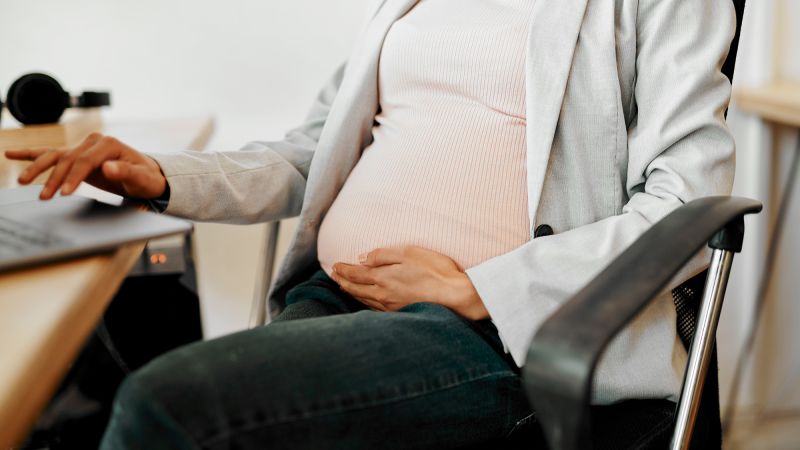The Equal Employment Opportunity Commission issued a final rule requiring employers to offer reasonable accommodations to pregnant and postpartum workers, including time off for abortion. This rule clarifies the provisions of the Pregnant Workers Fairness Act, which was passed by Congress in late 2022 and applies to employers with at least 15 workers unless accommodations would cause undue hardship. These protections include time off for recovery from childbirth, prenatal or postnatal appointments, postpartum depression, and accommodations related to seating, light duty, breaks, breastfeeding, and miscarriage. Employers are not required to offer paid time off under this law.
There was a debate surrounding whether abortion should be included in the act’s definition of pregnancy, childbirth, or related medical conditions. The commission received about 54,000 comments urging the exclusion of abortion and about 40,000 comments asking for its inclusion. The final rule specified that the law cannot be used to require a job-based health plan to pay for any procedure, including abortion, and emphasized that the act is a workplace anti-discrimination law. It clarified that the requirements related to abortion are narrow and typically involve a qualified employee requesting leave from work.
The final rule provides clarification to employers and workers on who is covered, what limitations and medical conditions are included, and how workers can request reasonable accommodations. It also includes examples of accommodations and encourages early and frequent communication between employers and workers regarding accommodation requests. Advocates have been working for over a decade to improve federal protections for pregnant workers, arguing that the Pregnancy Discrimination Act is insufficient and that pregnancy-related conditions are not typically considered disabilities under the Americans with Disabilities Act. The US Chamber of Commerce supported the Pregnant Workers Fairness Act.
Dina Bakst, co-president of A Better Balance, a national legal advocacy organization, hailed the final rule as a significant advancement for women’s economic security, maternal health, and the economy as a whole. She stated that the Pregnant Workers Fairness Act provides life-changing protection for pregnant and postpartum workers nationwide, ensuring that they are not forced off the job or denied the necessary accommodations for their health. The final rule aims to address the gaps in existing laws and regulations that have left pregnant workers vulnerable to discrimination and inadequate support in the workplace.
The Pregnant Workers Fairness Act and the final rule issued by the Equal Employment Opportunity Commission represent a significant step forward in protecting the rights of pregnant and postpartum workers in the United States. By requiring employers to provide reasonable accommodations and time off for pregnancy-related conditions, including abortion, these measures aim to ensure that pregnant workers are not unfairly discriminated against or denied essential support in the workplace. The final rule provides clarity to employers and workers on their rights and obligations, and advocates hope that these protections will lead to improved outcomes for pregnant workers and their families.


